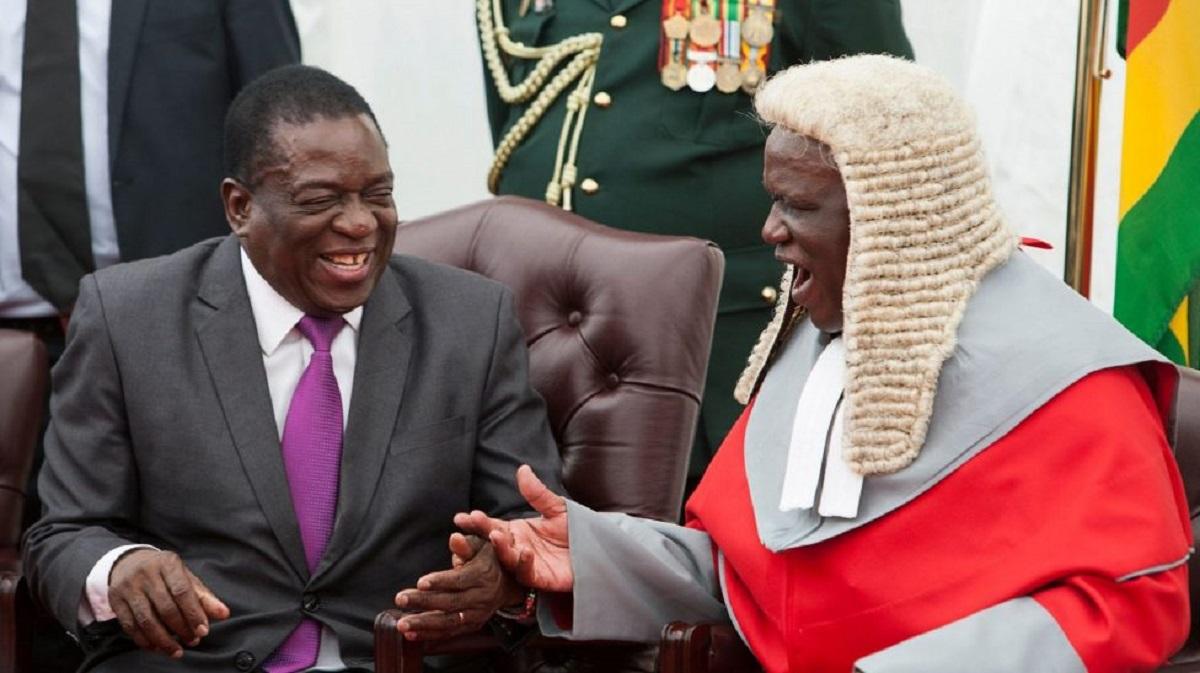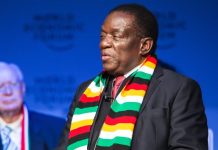Africa-Press – Zimbabwe. President Mnangagwa has said Zimbabwe has one of the most transparent systems in Africa in terms of the appointment of judges of the superior courts.
He made the remarks on Friday while addressing the Southern Africa Chief Justices’ Forum jointly hosted by Zimbabwe and Zambia in Victoria Falls.
He also said the Second Republic would continue respecting the independence of the Judiciary and the principle of separation of powers in line with the tenets of constitutional democracy. He said:
Allow me to emphasise that my Government respects the principle of separation of powers and the independence of the Judiciary as a cornerstone of a constitutional democracy. We have one of the most transparent judges’ appointment systems in which prospective judges are subjected to public interviews by the Judicial Service Commission.
Government, therefore respects the decisions and orders of the courts and has put in place mechanisms to enforce those orders. This is indeed a fundamental aspect of the rule of law.
An accountable and transparent Judiciary is one that people can have uttermost confidence in and one that is free of corruption while also expeditiously dealing with and finalising matters before the courts.
Judiciary independence is guaranteed as the essence of the rule of law on condition that the principles of transparency and accountability are observed in the performance of judicial functions.
He speaks when the opposition is saying the “judiciary, like all other state institutions,” is captured by the ruling ZANU PF and the executive arm of government.
In Zimbabwe, prospective judges are supposed to be subjected to public interviews in terms of Section 180 (4) of the Constitution.
The Judicial Service Commission (JSC) has to invite nominations of qualified and experienced lawyers, and members of the public can make these nominations, who are then short-listed for interviews, which are held under the public glare.
Promotions from the High Court to the Supreme and Constitutional Courts no longer require interviews.
In May, President Mnangagwa extended Chief Justice Luke Malaba’s term of office by a further 5 years beyond his retirement age thereby triggering outrage and lawsuits.
He cited the Constitutional Amendment Bill No. 2, which among other things gives the president authority to make key judicial appointments, he had signed two days earlier as the basis for the extension.
The High Court nullified the extension but the Constitutional Court later set aside the ruling saying no law had been violated.
Critics said the extension was meant to ensure that Malaba influences court decisions on the 2023 elections the matter spills into courts like in 2018.
More: The Herald






